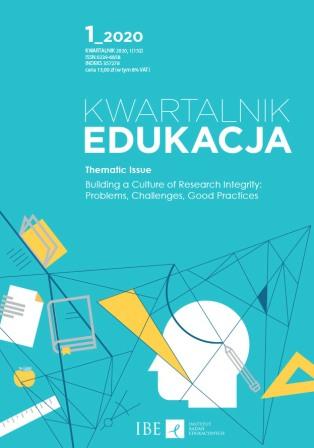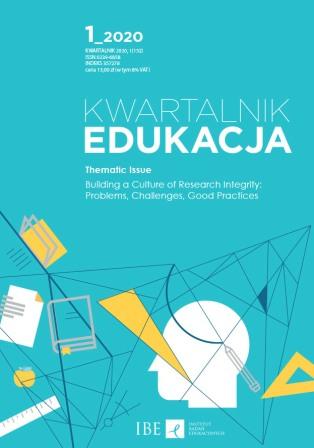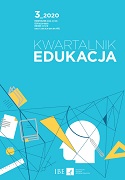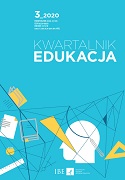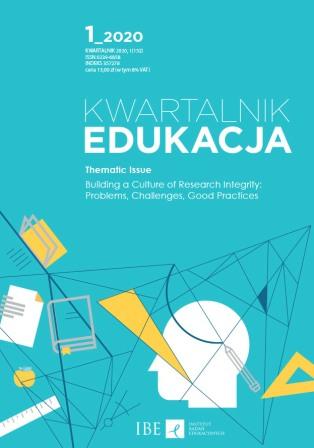
Cheating in Higher Education: Between Habit, Resourcefulness and Pressure to Help
Cheating in Higher Education: Between Habit, Resourcefulness and Pressure to Help
Keywords: academic integrity; cheating; copying; educational dishonesty; sociology of higher education;
The article analyses the phenomenon of cheating among Polish students. It is based on a research study using a survey conducted in 2019 at one of Poland’s universities. The study results confirm the findings of other researchers concerning the universality of cheating. The issues of interest include the learned breaking of the “do not cheat” norm that is reinforced at subsequent stages of education, the effectiveness of cheating as an educational strategy and the norm of friendship which could incline a person to help.
More...
